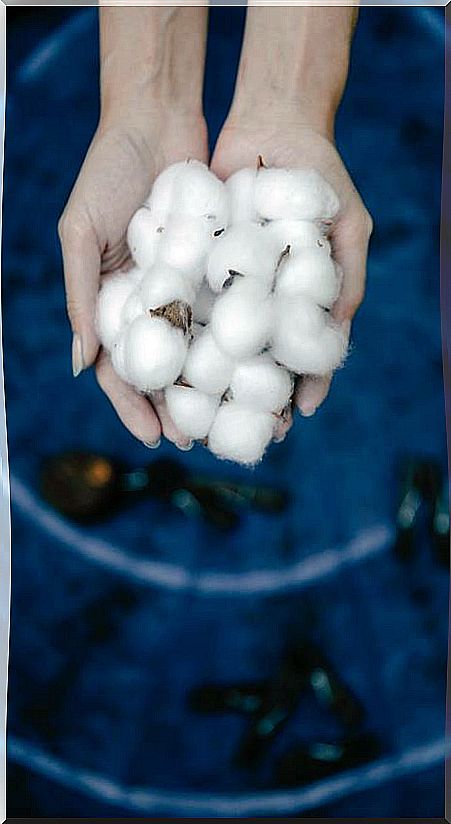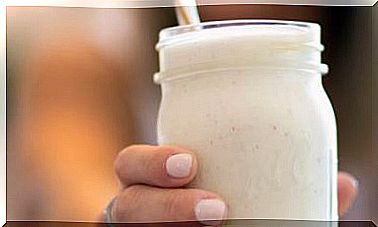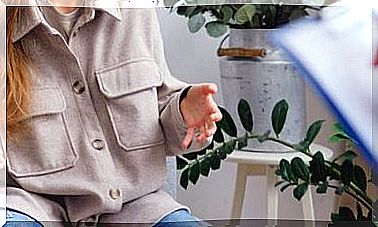Why Bet On Organic And Fair Trade Cotton?
Organic cotton garments are produced in an environmentally friendly way. And those that are also fair trade guarantee fair working conditions in the production and clothing process.

60 billion T-shirts could be made from a year’s crop of conventional cotton. Each t-shirt represents the emission of about 150 g of toxic substances into the environment.
No matter how much you wash them, the clothes are not really going to be “clean”, because they have hopelessly littered the environment. Organic cotton offers a more sustainable solution, as it does not involve the use of pesticides and requires much less water.
4 alarming facts about conventional cotton farming
- About 2.5 percent of the world’s agricultural area is used for cotton production, which consumes 16% of the pesticides used in the world. The massive use of these chemical pesticides is poisoning the soil and endangering local biodiversity.
- A kilogram of conventional cotton consumes between 7,000 and 29,000 liters of water, depending on the region and the cultivation method.
- According to the World Health Organization (WHO) , around 20,000 people die each year from pesticide poisoning (mostly farmers).
- Finally, many cotton garments are flown from Asia to Europe, causing huge CO2 emissions.
4 important reasons to use organic cotton
Each year, more than 270,000 farmers in 23 countries produce around 240,000 tons of organic cotton. This represents a world market share of 1%, a proportion that should increase.
1. It’s better for people, the economy and the environment
According to the Research Institute of Organic Agriculture (FiBL) , the living conditions and income situation of farmers have improved significantly thanks to the cultivation of organic cotton.
On the one hand, they save production costs because they do without fertilizers and pesticides. On the other hand, your income is a third higher with the “eco” premium. Thus, the economic fiber contributes to reducing poverty and protecting the environment.
2. No pesticides and no chemical fertilizers
When it comes to organic cotton, farmers dispense with artificial pesticides and fertilizers. To prevent the soil from seeping out, they grow other plants that also produce benefits. Instead of using fertilizers, they plant beans, peas, or soybeans, which release nitrogen into the soil. Crop residues, compost, mulch, manure or sludge from biogas production are other sources of nutrients.
For natural pest control, farmers use plants attractive to beneficial insects such as sunflowers, hibiscus, or corn. They serve as a complement to the feed. If organic cotton is severely infested, farmers use natural means to kill the pest.
The problems of high water consumption also appear to have been solved. Organic cotton plants require considerably less water thanks to direct irrigation.
3. Genetic engineering is prohibited in organic cotton
In recent years there has been a trend towards genetically modified cotton plants. These are prohibited both in organic farming and in the Fairtrade seal of trade.
Currently, around 70% of cotton is genetically modified. Initially, the transgenic was used to fight against the worst enemy of this plant, the cotton worm, but the doors were opened to other pests that became resistant to the toxin that the transgenic cotton incorporated. The consequence has been that farmers are forced to use even more pesticides.
4. Organic cotton is still handpicked
When the flowers are harvested, manual work is required . Farmers have to collect each bush individually. This extra work is good for the environment.
In conventional cotton production, plants are defoliated with chemicals and then harvested with machines powered by combustion engines.
Organic and fair trade cotton
Many consumers believe that organic cotton garments are always produced under conditions of labor justice. Unfortunately this is not necessarily the case. Not all organic certifications control compliance with labor standards.
People interested in wearing organic and fair trade cotton garments should look for the Fairtrade International seal , which ensures decent prices for cotton harvests and appropriate wages in textile factories.









